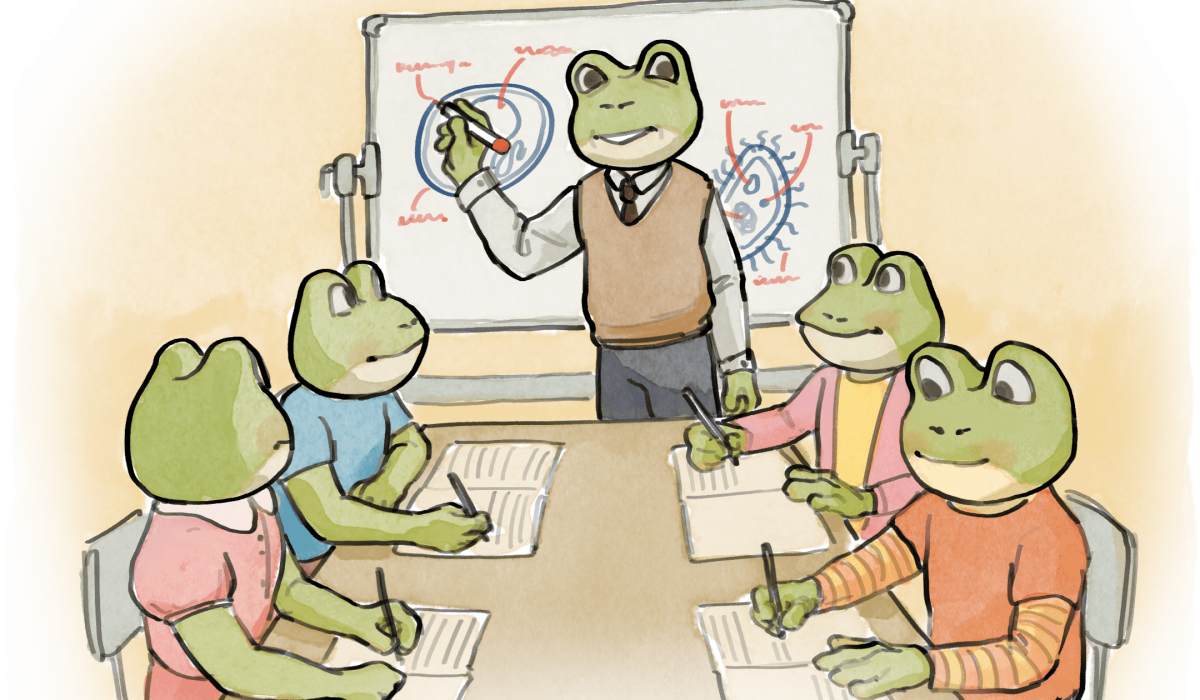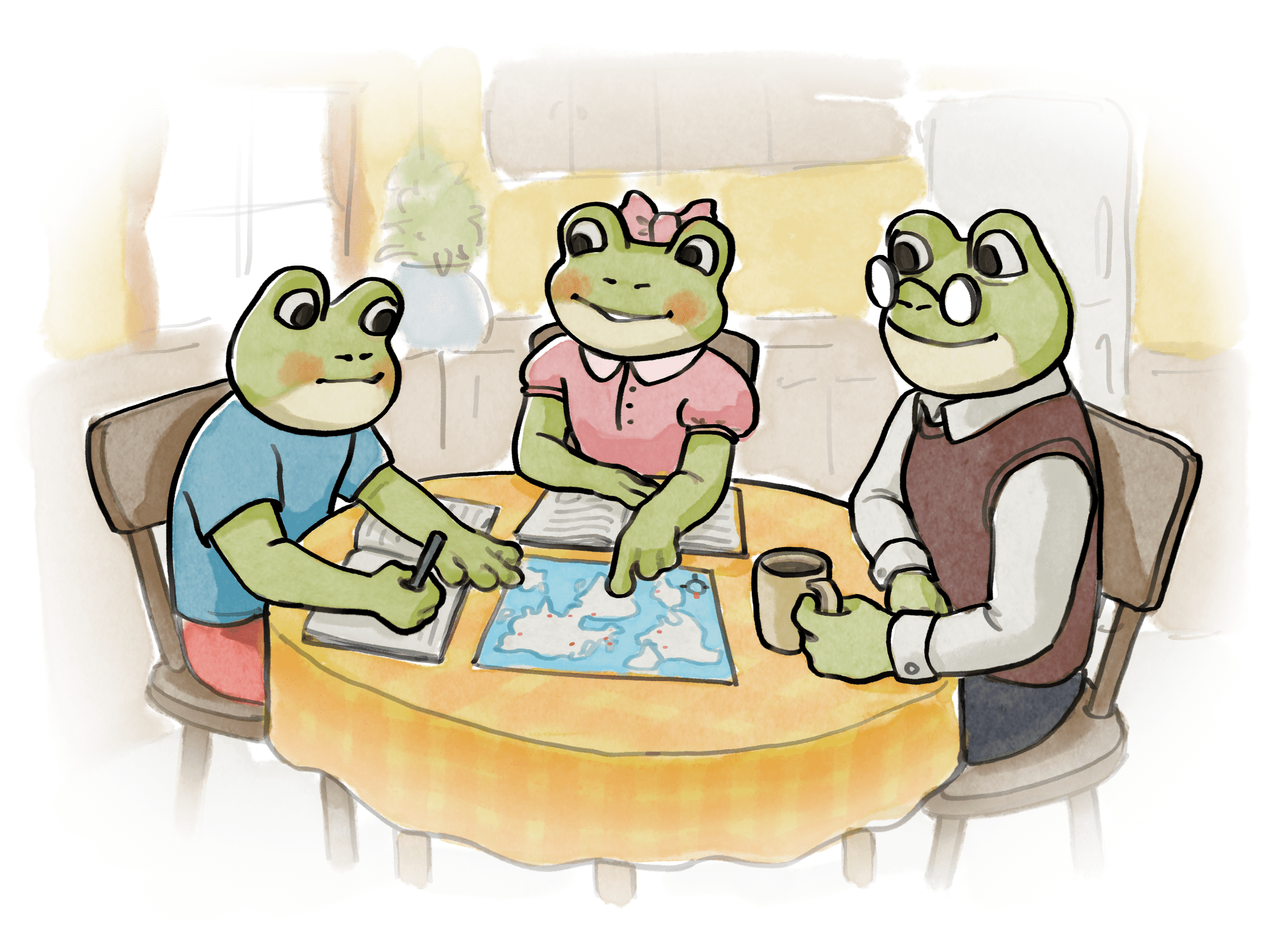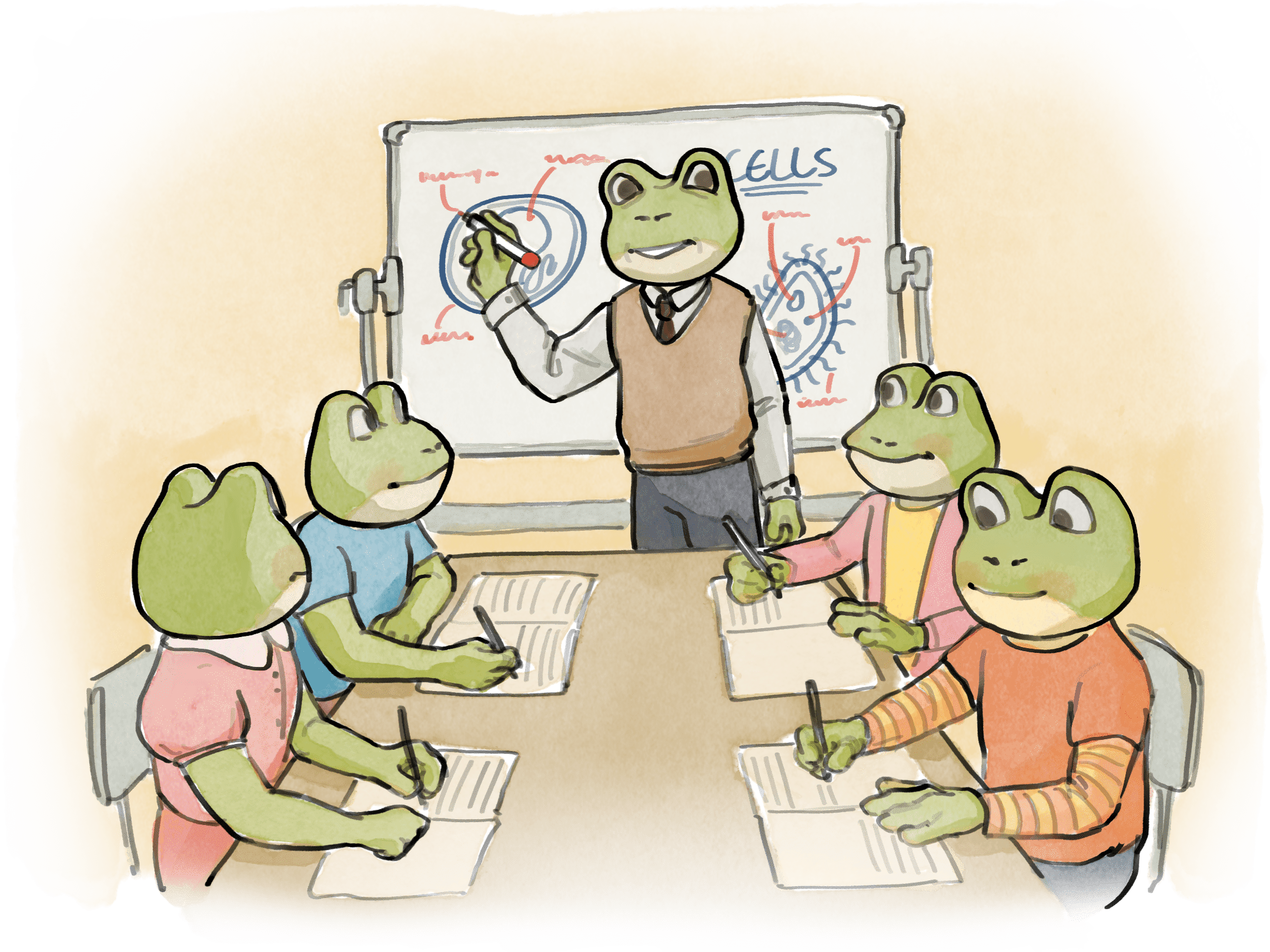Homeschooling, a practice that transcends geographic and cultural boundaries, offers a unique approach to education worldwide. This 500-word blog post will explore the varied landscapes of homeschooling across different countries, emphasizing the global diversity and adaptability of this educational choice.
Understanding Homeschooling Globally
Homeschooling, the practice of educating children at home rather than in traditional public or private schools, takes on different forms around the world. Factors like legal frameworks, cultural norms, and educational resources shape the homeschooling experience in various countries.
The United States: A Homeschooling Pioneer
In the United States, homeschooling has been a growing movement since the late 20th century. With relatively lenient laws varying from state to state, American families enjoy considerable freedom in choosing homeschooling curricula and methods. The U.S. has a rich array of resources, from online platforms to homeschooling cooperatives, making it a fertile ground for this educational alternative.
The United Kingdom: Steady Growth
Homeschooling in the UK has seen steady growth, with parents choosing to educate their children at home for various reasons, including dissatisfaction with the formal education system and a desire for a more child-centered approach. UK law requires an education that suits a child’s age, ability, and aptitude, but gives parents considerable freedom in how this is achieved.
Australia: Diverse Regulations
In Australia, homeschooling regulations vary by state and territory, with some requiring registration and regular reviews while others are more relaxed. Australian homeschoolers often combine traditional academic subjects with experiential learning, taking advantage of the country’s diverse natural and cultural resources.
Japan: Rising in Popularity
Homeschooling is relatively new in Japan but is gaining traction due to increasing academic pressure in traditional schools and a growing interest in alternative education methods. Japanese homeschooling families often focus on experiential learning and developing life skills alongside academic study.
Germany: Legal Challenges
In contrast, homeschooling in Germany faces legal challenges, as it’s generally prohibited with few exceptions. German families who wish to homeschool often have to navigate a complex legal landscape or consider relocation to more homeschool-friendly countries.
Scandinavia: A Balanced Approach
In Scandinavian countries like Sweden and Norway, homeschooling is legal but subject to stringent regulations and oversight. These countries emphasize a balanced education that includes social development, often requiring homeschoolers to demonstrate how they will meet these goals.
India: A Growing Trend
In India, homeschooling is a relatively new concept but is gaining popularity, especially in urban areas. Indian homeschoolers often blend traditional academic subjects with cultural education, and the community is gradually building more structured support systems for homeschoolers.
Conclusion
Homeschooling around the world presents a kaleidoscope of practices, influenced by legal, cultural, and social factors. From the freedom of choice in the United States to the strict regulations in Germany, each country offers a unique perspective on educating children outside the traditional school system. As global connectivity increases, so does the exchange of ideas and resources among homeschooling communities worldwide, leading to a richer, more diverse homeschooling landscape. This global perspective on homeschooling not only highlights the versatility of this educational choice but also its growing acceptance and adaptation in different cultural contexts.




